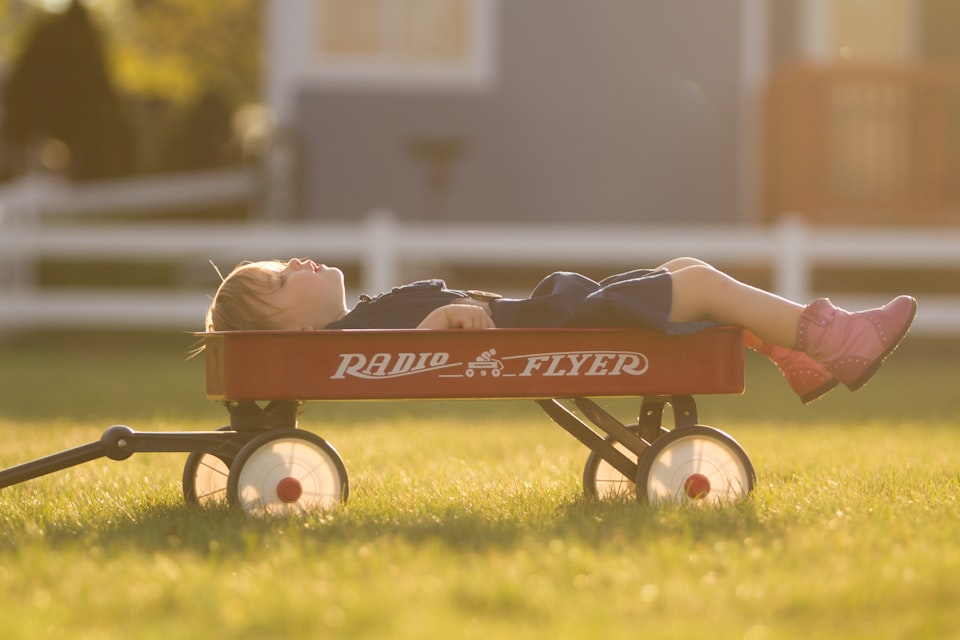Why Do Adults Stop Playing?
Dr. Peter Gray, play researcher and author of Free to Learn, attributes suppression of play to school. We learn in school that everything is "work" and play is only a reward for work.

I found this correspondence I had a couple years ago via email with Dr. Peter Gray, leading play researcher and the author of Free to Learn:
“From my own perspective–which you may know if you’ve read my book–all this suppression of play starts with school. We learn in school that “learning” and everything else we’re supposed to do is “work” and play, if we do it at all, is a kind of letting off steam and, at best, a reward for work. Those who succeed in school often do so by developing exactly the kind of guilt–guilt about not working, not achieving, not getting recognition, not winning–that you suffered from and that prevented you from playing.
I wondered as I read your book if you’ve read Ricardo Semler’s book Maverick or The Seven-Day Weekend. If I recall correctly, he suffered a heart attack from overwork while in his Twenties–he had inherited his father’s business and was trying to run it in the usual way. He saved himself and made his company far more successful by loosening up, developing a playful attitude, trusting his workers to do things themselves (including scheduling their own hours and taking full control of their own tasks), and creating a playful trusting attitude in the business.”





Member discussion